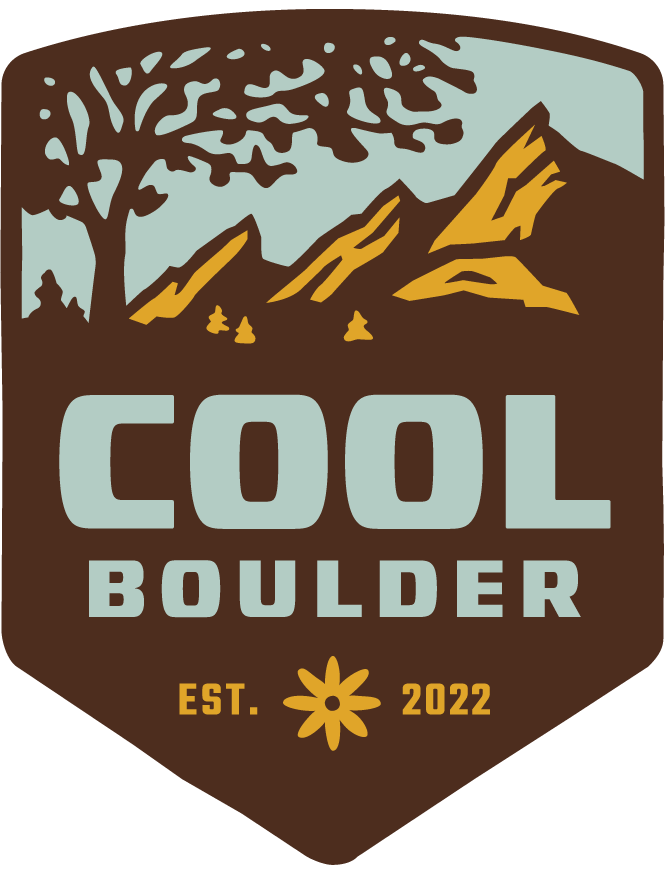Blog
Check back regularly for the latest Cool Boulder Campaign news.
Continue to the next section to review our full blog!
2023 Themes
January:
New Year Kick-off & Biodiversity
February:
Garden and Habitat Planning
March:
Soil Health and Regenerative Practices
April:
Tree Planting & Tree Care
May:
Biodiverse Places and Spaces
June:
Drought & Water Use
July:
Community Heat Impacts & Mitigation Strategies
August:
Wildfire Resilient Landscapes
September:
Pollinators & Insects
October:
Harvest / Regenerative Agriculture
November:
Seeds – Adaptations & Propagation Methods
December:
Off-Season Yard Care / Compost as a Climate Resource
Interested in a specific topic?
Search By Author
- Amy Yarger
- Andrea Montoya
- Brett KenCairn
- Caroline Petterson
- Daniel Hanson
- Dave Sutherland
- Elizabeth Black
- Ellen Orleans
- Guest User
- Josh Morin
- Kristine Johnson
- Lynn Riedel
- Melanie Hill
- Michelle Ferguson
- Mike Riechert
- Mikl Brawner
- Rella Abernathy
- Sandy Briggs
- Steve Armstead
- Tiffany Nurrenbern
- Tim Seastedt
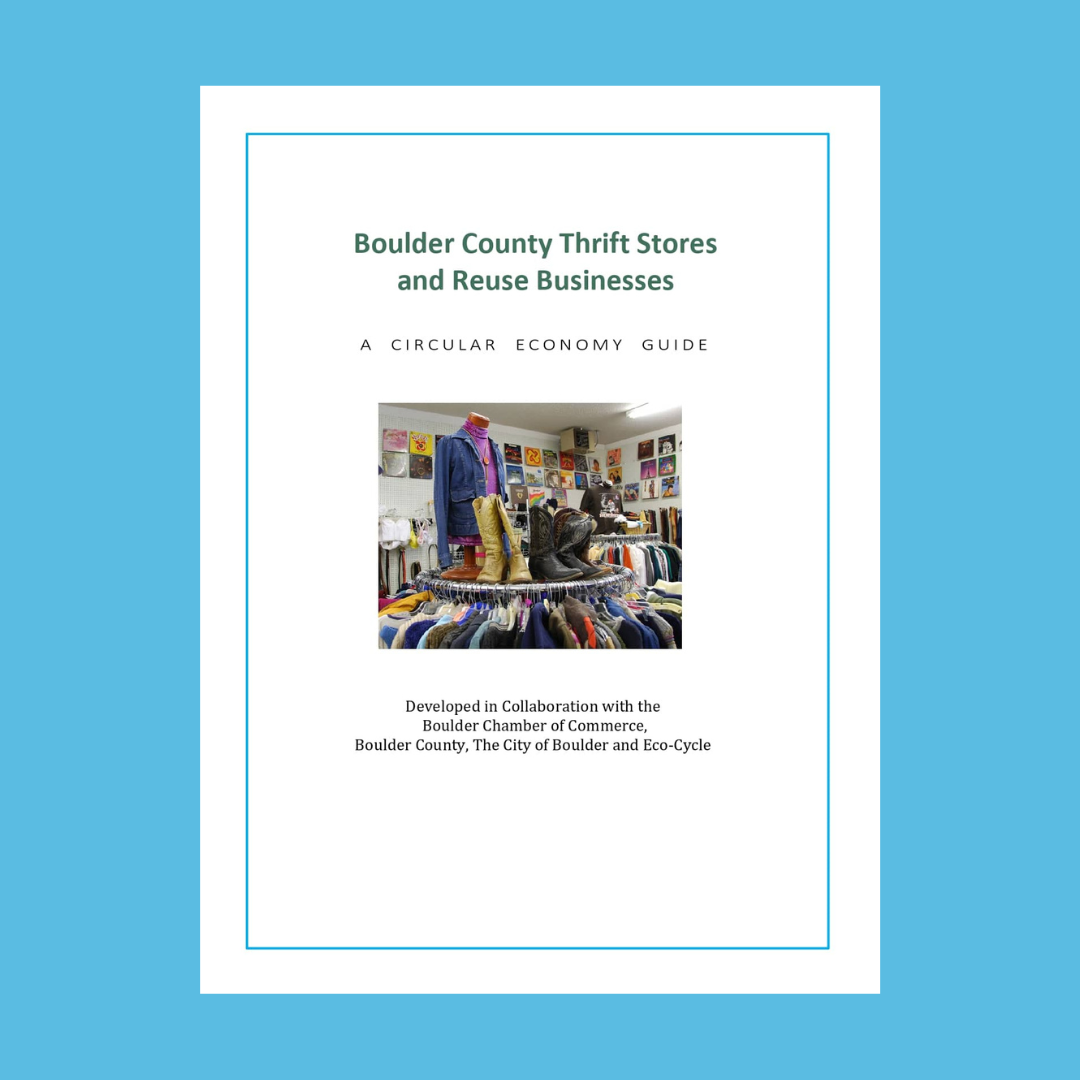
The Joy of Thrifting
Thrift store shopping supports a more sustainable world. Read about the joy of thrifting with this Boulder County Thrift Store Guide, developed in collaboration with the Boulder Chamber of Commerce, Boulder County, the City of Boulder and Eco-Cycle!

The 2023 Boulder St. Vrain Watershed Art Contest
The Keep it Clean Partnership is hosting the second Boulder St. Vrain Watershed Art Contest! All Kindergarten-12th grade students who live in and/or attend school in Boulder County are invited to participate in a free art contest with the chance to win art supplies, gift cards, and for your art to be featured on the Keep it Clean Partnership website. (This includes both the Boulder Valley School District and St. Vrain Valley School District)
Artwork should explore the following prompt:
Our watershed is a complex and interconnected system of land, water, air, and the humans, plants, and animals they support. Each of these members plays an important role in keeping our watershed healthy and thriving. For this art contest, we challenge you to explore the role of one of these community members in our watershed.
Deadline for Submissions: 11:59 p.m. on Friday, November 17th, 2023
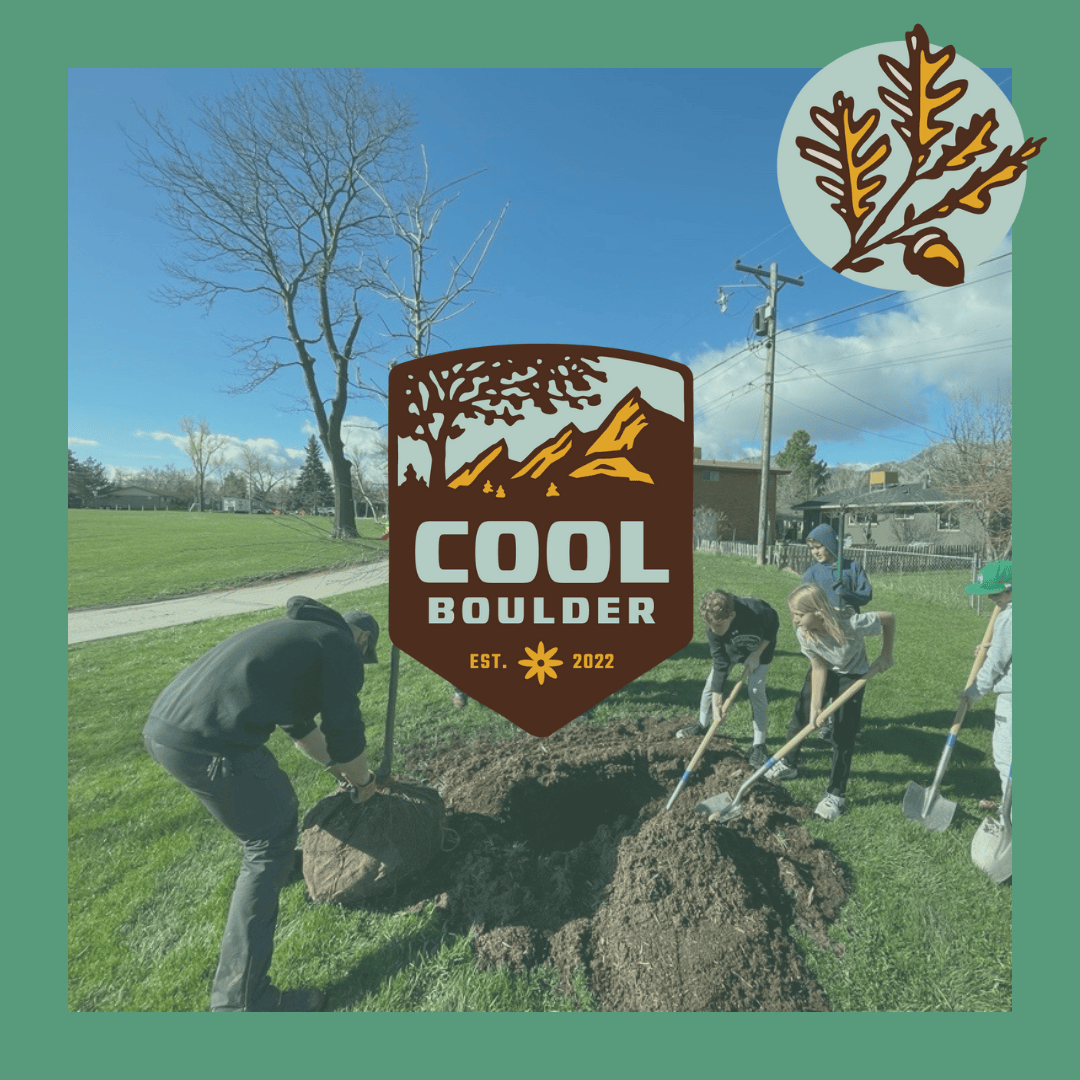
PLAY Boulder & City of Boulder Forestry’s Fall ‘23 Tree Sale is Here!
City of Boulder Forestry, the PLAY Boulder Foundation and Cool Boulder are committed to increasing the urban canopy in Boulder and doing our part to cool the city. You can help add to the urban canopy by planting a tree on your Boulder property! Help fight climate change in your backyard!
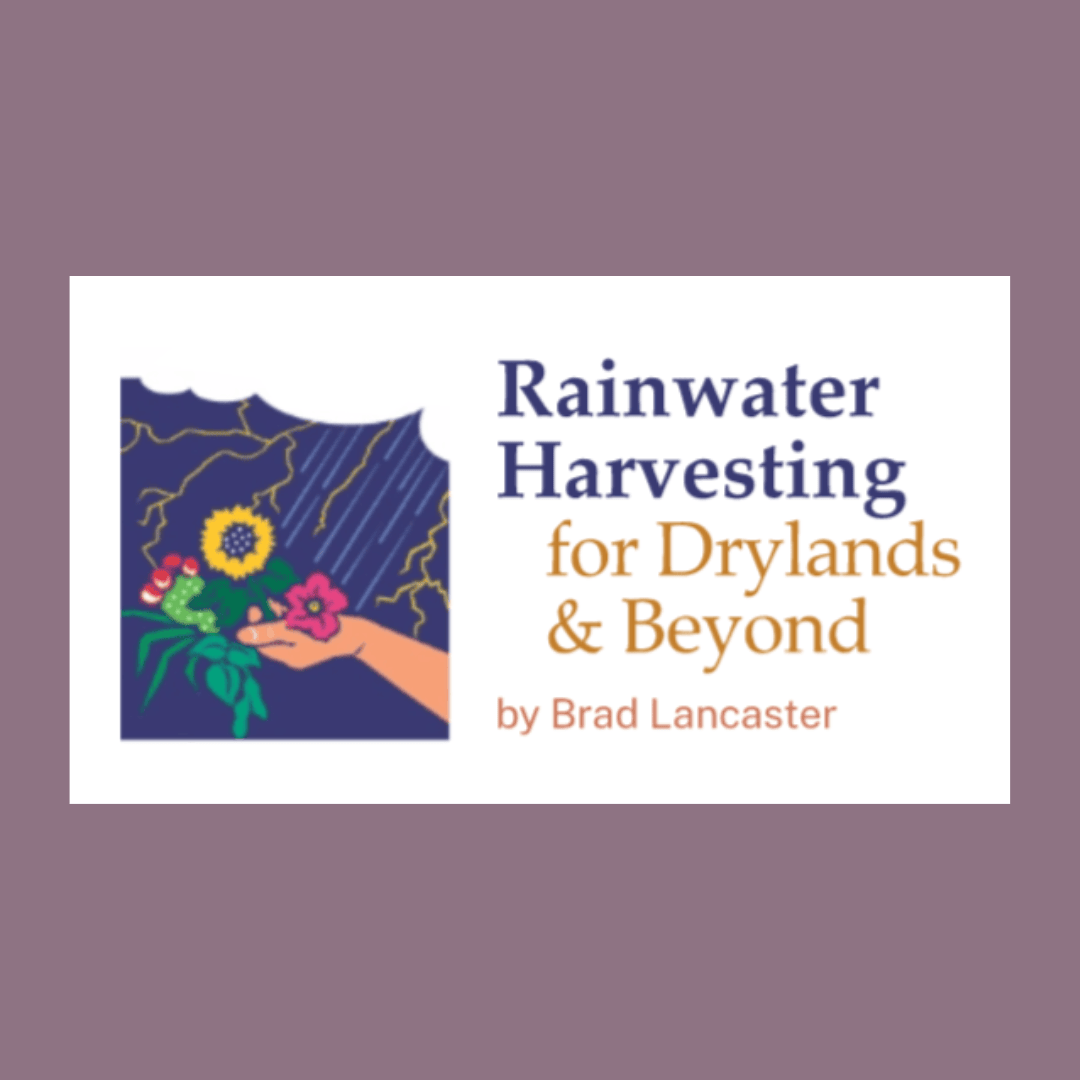
Planting Rain with Brad Lancaster: Event Recap
Cool Boulder is excited to present to you an presentation by rainwater planting pioneer, Brad Lancaster, sharing stories and inspirational examples of how planting rain could help create landscapes and communities that are resilient to climate change, as well as healthier and happier places to live! Read on to find the presentation recording, watch a short film on Brad’s work, review resources provided by Brad and more!
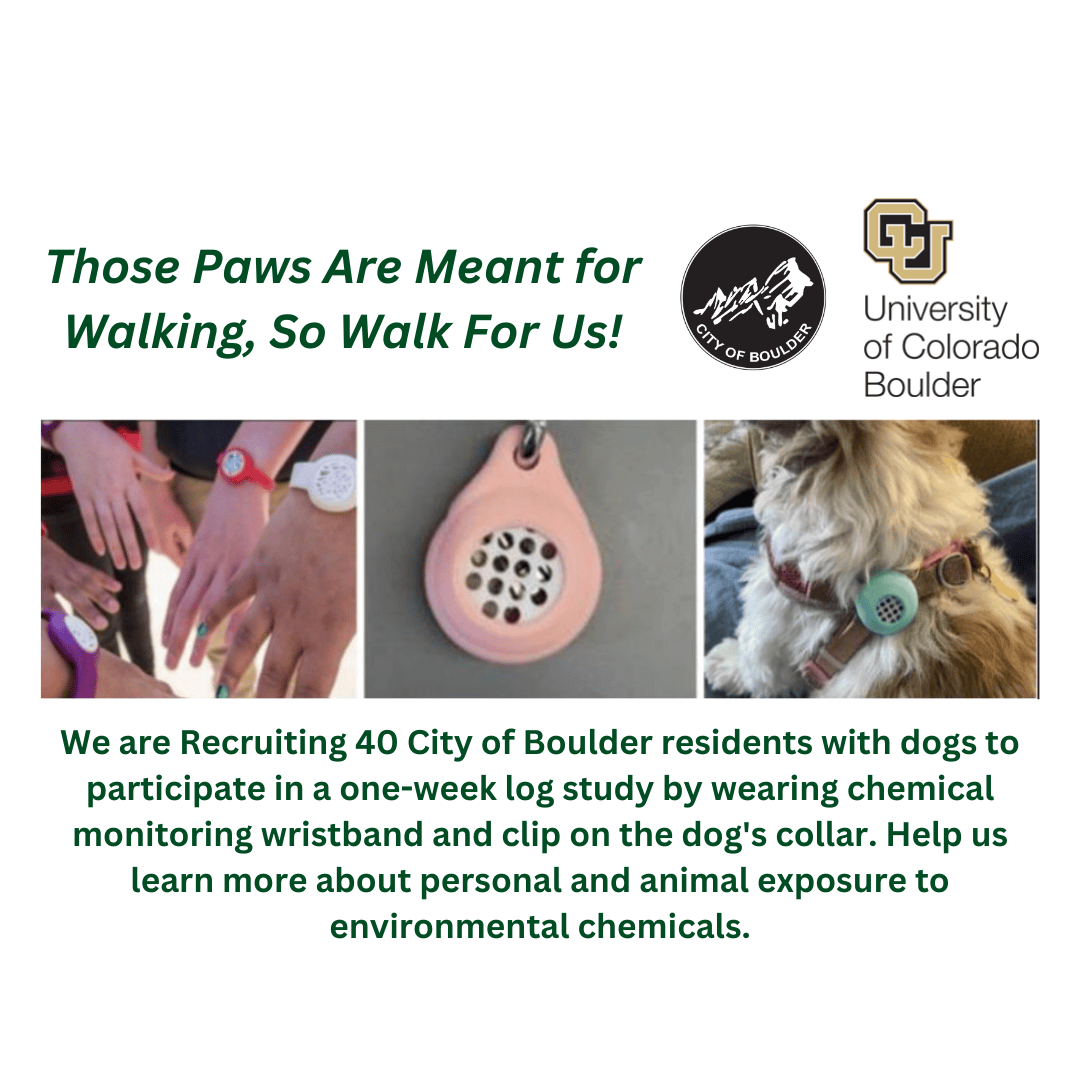
Recruitment is COMPLETE for Our Environmental Chemical Exposure Study!
Recruitment is complete for our Environmental Chemical Exposer Study! Thank you to everyone who applied for this community science opportunity! Participants will walk their dogs while wearing a chemical monitoring wristband and clip on their dog's collar to help us learn more about personal and animal exposure to environmental chemicals. Community participation will help us assess the exposure that people (and dogs) are experiencing during daily activities outside in Boulder.

Cool Boulder Livestream!
Tune in at 7:00 p.m. Mountain Time on Thursday, June 29th, for a Cool Boulder livestream!
Cool Boulder is excited to offer you an evening with rainwater planting pioneer, Brad Lancaster, sharing stories and inspirational examples of how planting rain could help create landscapes and communities that are resilient to climate change, as well as healthier and happier places to live!
Brad Lancaster has worked with communities all over the world to bring both indigenous and traditional knowledge of rainwater planting together with contemporary approaches and technologies that enable us to live and thrive on the water that comes to us for free from the sky. He will share stories from his experiences with these different places and cultures.
Recognizing that Colorado’s future climate will much more closely resemble places like New Mexico, we need to learn from those who have already been adapting to a limited ground/surface water future. Brad will share the emerging lessons and best practices that are reshaping both the way we approach infrastructure development and water policy, both in his native home of Tucson, AZ (average rainfall 10-12”/yr) and elsewhere. Learn about specific approaches being taken in other communities and examples of household and community projects that are easily implemented at both levels.

Sign Up Now for Our Environmental Chemical Exposure Study!
The University of Colorado Boulder and City of Boulder are recruiting 40 city of Boulder residents with dogs to participate in a one-week long study. Participants will wear a chemical monitoring wristband and clip on their dog's collar to help us learn more about personal and animal exposure to environmental chemicals.
Your participation will help us assess the exposure that you and your dog are experiencing during daily activities outside.
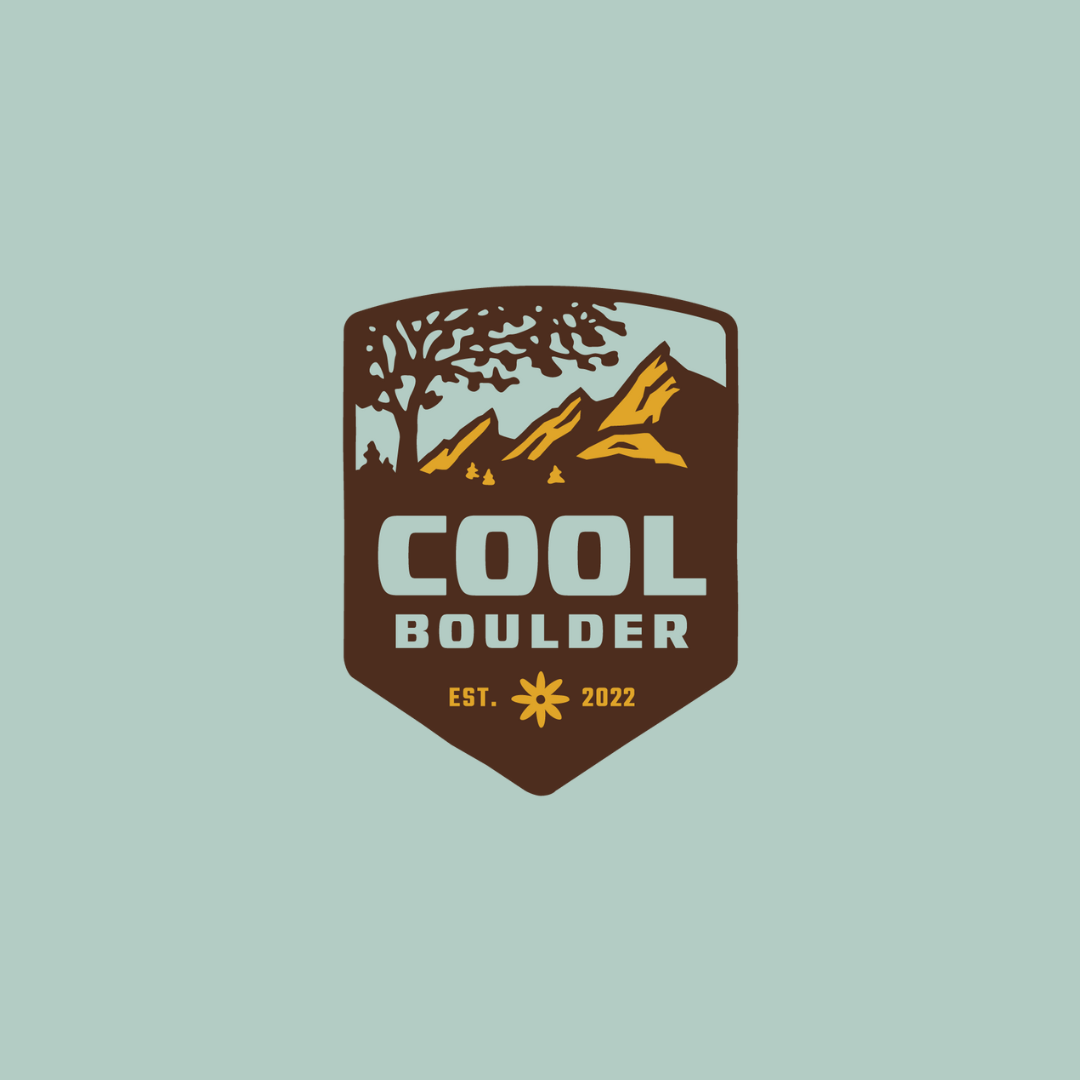
Easy Ways to Take Action!
Looking for easy ways to take action on climate change or biodiversity loss? Check out these simple actions you can take to get involved!
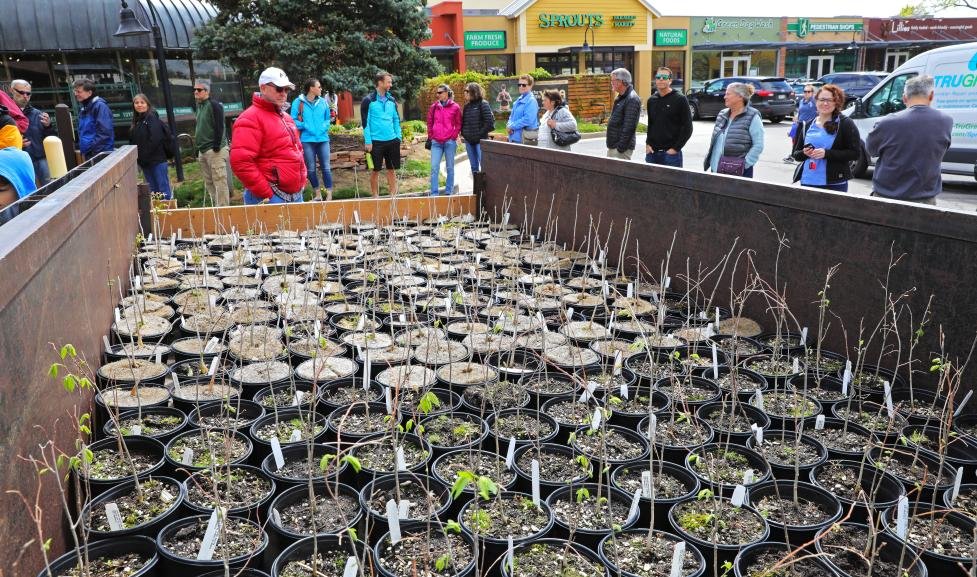
Actions for Earth Day & Arbor Day 2023
Both Earth Day 2023 and Arbor Day 2023 are steadily approaching - what what are they? Click here to find out more about these two important environmental days of celebration, action, and advocacy, as well as the opportunities for action offered by Cool Boulder, its partners, and more!

Opportunities in March & April
Looking for opportunities to act on climate change? Cool Boulder’s themes for March and April are Soil Health & Regenerative Practices and Trees, respectively. Read on to see how you can get involved and engage with these topics, or check out our events calendar for even more opportunities!
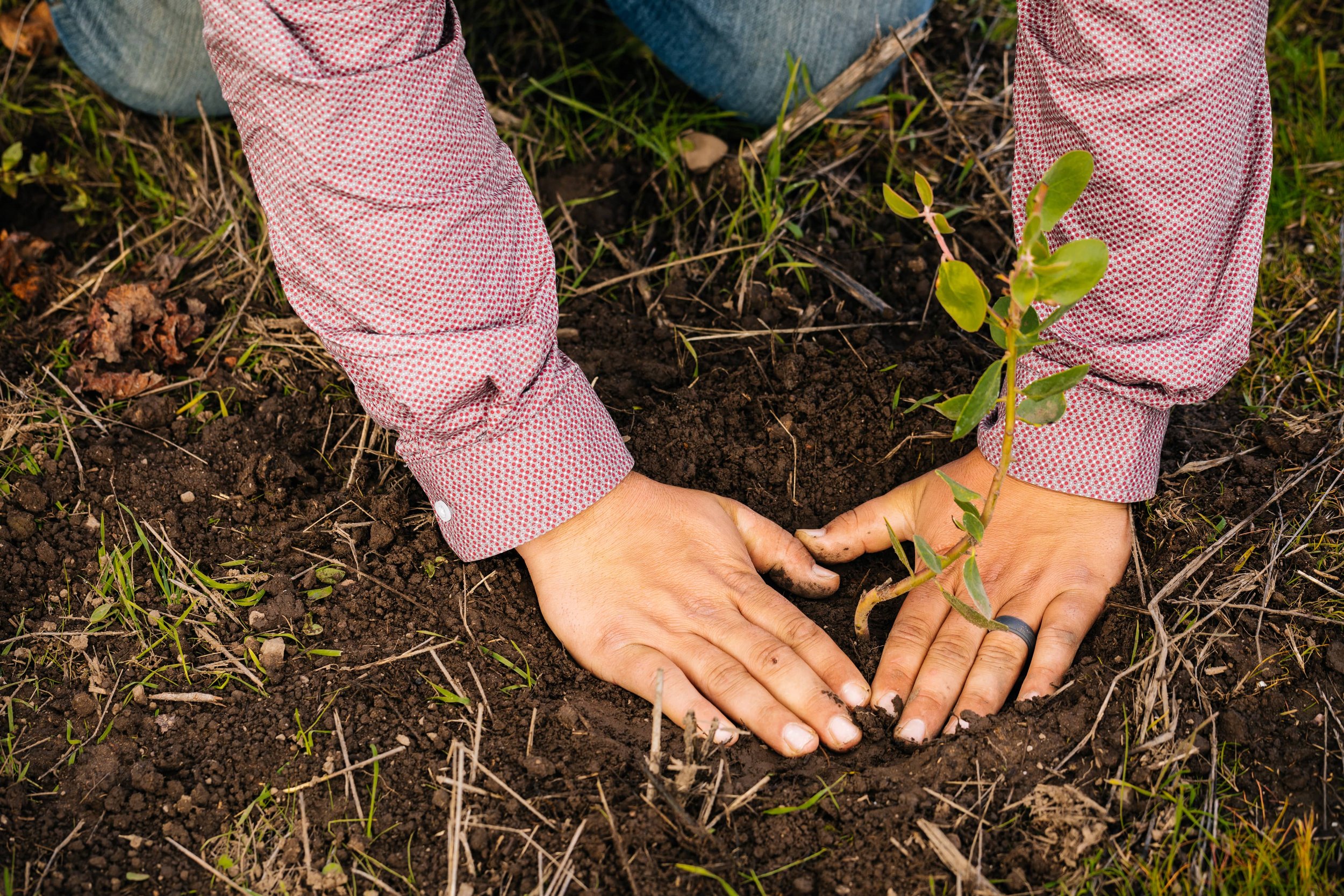
Cool Boulder has partnered with Zero Foodprint to build healthy soil on local farm land
Food systems are a critical force for averting and adapting to the climate crisis. By creating an economic connection from consumers and business back to farmers and ranchers, we can restore soil health and sequester carbon.

Resource Central’s Garden in a Box Sale has Launched!
Resource Central’s Garden in a Box provides everything you need to remove water-thirsty pants like grass and replace them with a garden that uses much less water. The ‘box’ includes professionally designed plant by number maps and instructions to help you design your waterwise garden, care guides and info sheets with maintenance suggestions, as well as the option to plant a perennial or vegetable garden (vegetable garden kits available in the spring).
With an average of 60% of residential water use occurring outdoors, replacing parts of your lawn with a xeriscape, or waterwise landscaping with plants adapted to our semi-arid climate, is an easy way to drastically reduce your water bills!

Registration is Open for PLAY Boulder’s Tree Tender Training Tuesdays Next Month!
Tree Tenders are given the tools to plant and care for trees in their own communities. The specialized trainings involve learning all about tree identification, tree biology, debunking common tree myths, tree planting and irrigation, tree care and pruning, and community organizing in this multi-day workshop hosted by the PLAY Boulder Foundation's Tree Trust.
You will be joining a network of tree lovers with the goal of growing the urban tree canopy in the City of Boulder. Plus, all Tree Tenders will receive a tee shirt, field notebook, badge, and certificate, and at the end of the third day, everyone will help plant a tree!

Cool Boulder Event on January 31st - Recap, Q&A’s & Recording!
Thank you to everyone who attended Cool Boulder’s Biodiversity, Climate and You event, both in-person and virtually! We reached full capacity for this free event, so were very happy to offer a remote option to follow along on a livestream. On the night of the event, we had up to 70 attendees present in person to listen to the presentation and panel, as well as participate in an activity to personally get involved in climate and biodiversity action!

Cool Boulder Event on January 31st - Save the Date!
The world’s governments met in Montreal last month to hammer out an agreement with specific goals and targets to save the world’s biodiversity. Why are the world’s living systems critical to each of us and how is protecting biodiversity deeply connected to climate change and solutions that address both? But most important, why should an international agreement matter to us and what can each of us do to make a difference?
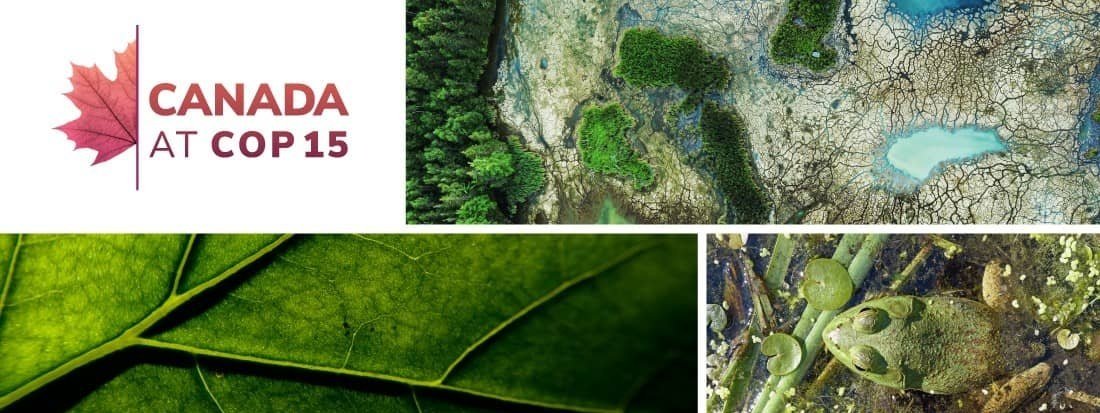
UN Biodiversity Conference - COP15 in Montréal: Context
In preparation for the upcoming COP15 Montreal UN Convention on Biological Diversity, Cool Boulder would like to provide context regarding the three UN Conference of the Parties conventions that are critical to addressing the global threats of climate change, biodiversity loss, and desertification trends.

Nature-based Climate Solutions & the Cool Boulder Campaign
We can make our community more resilient and equitable by tapping into the natural systems and processes that regulate our climate, which nature has developed over a timespan much longer than humans! This approach is called nature-based climate solutions (NbCS).

How OSMP Utilizes Native Seeds for Ecological Restoration
Learn about how the City of Boulder Open Space and Mountain Parks Department (OSMP) uses native plant species for ecological restoration.
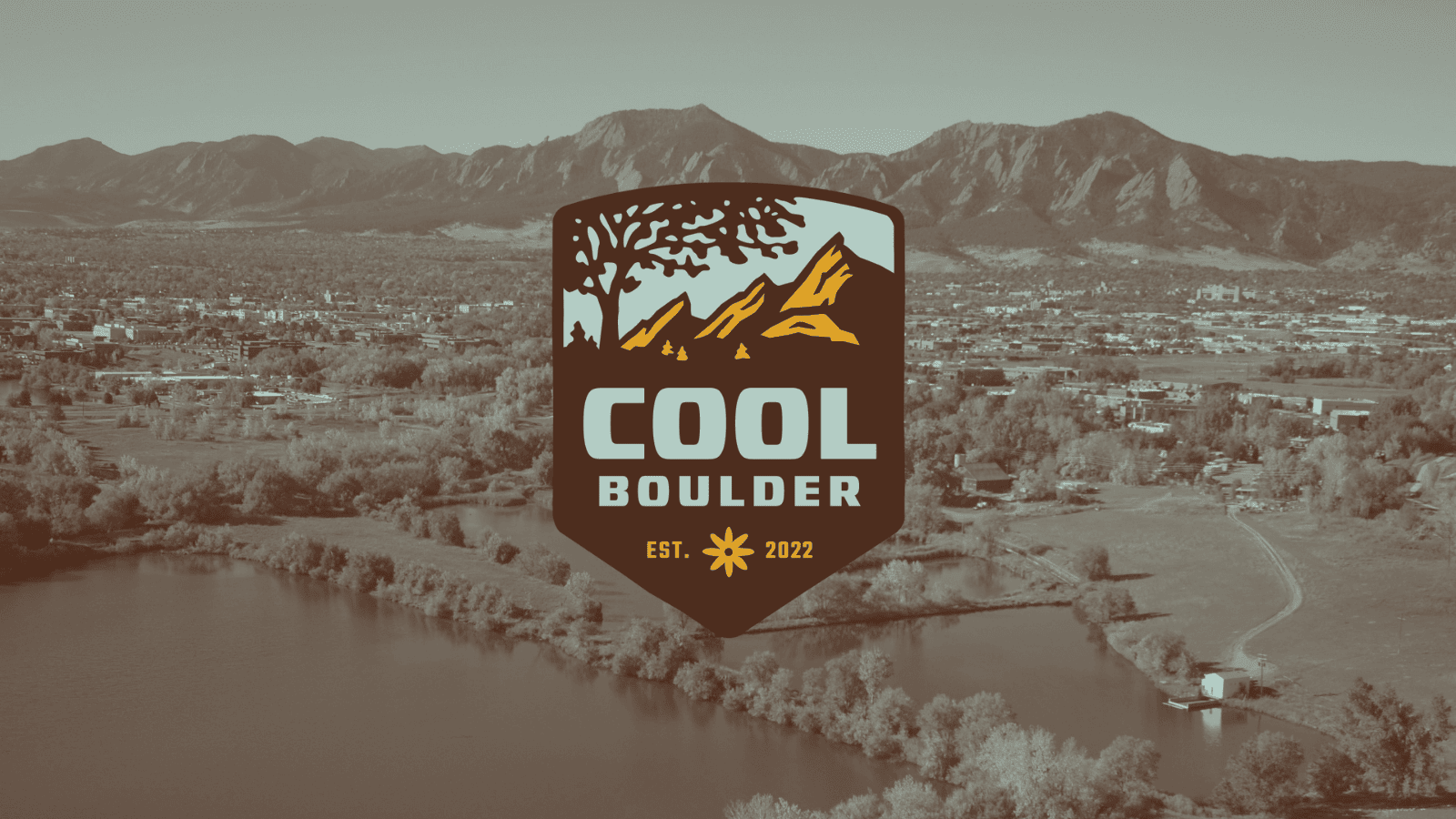
Boulder Urban Heat Mapping: A Story Map
Boulder was one of 14 cities this year to participate in this international event in coordination with NOAA and CAPA Strategies, in which community scientist volunteers drove designated routes to collect temperature and humidity data. Those community scientists are the first members of the Boulder Heat Watch Team, who will be working with Cool Boulder to continue to track heat in the Boulder community. This data will hopefully be used to help inform nature-based cooling solutions like tree planting.
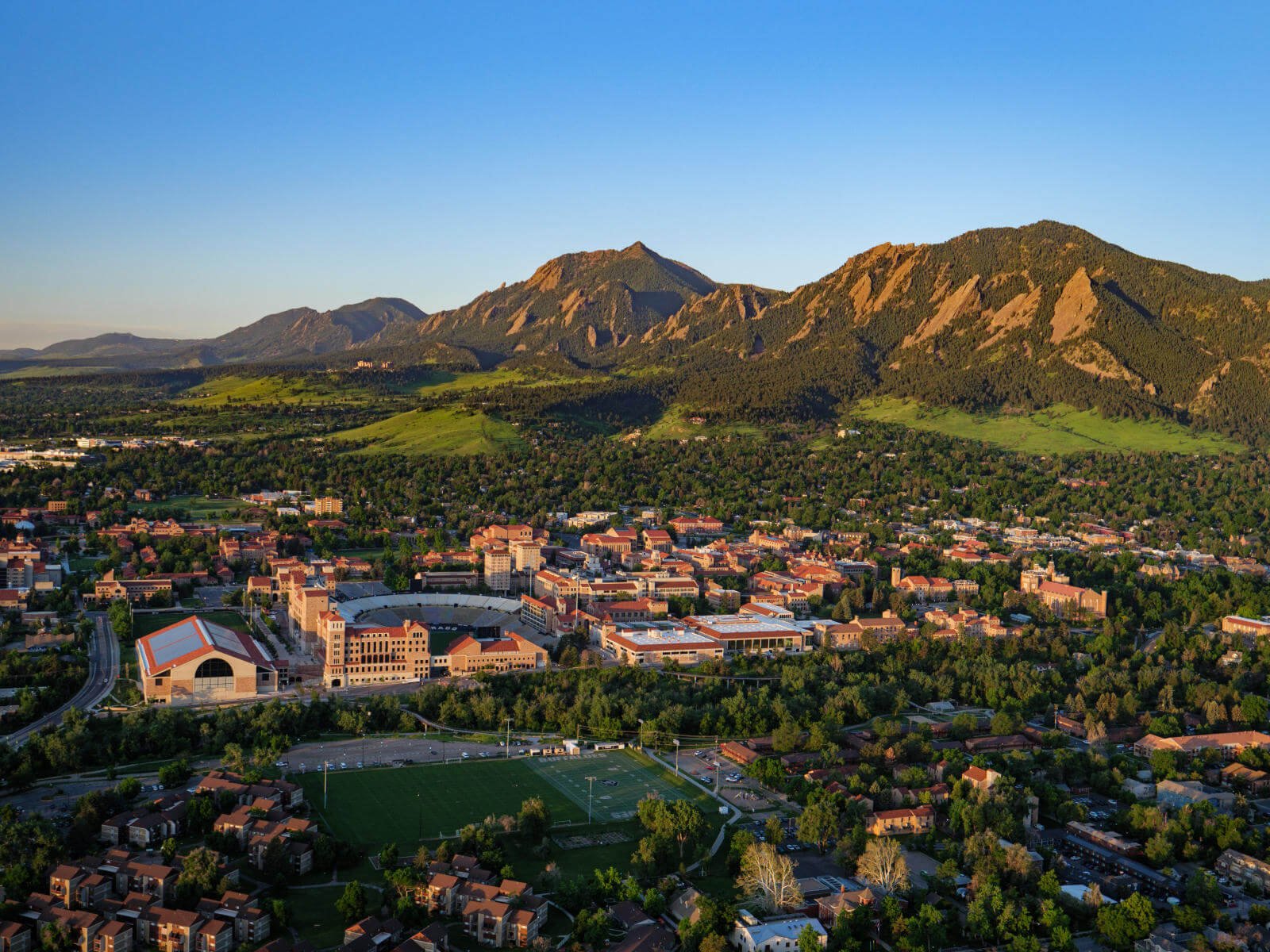
Community Heat Mapping
Extreme heat kills more Americans than any other weather event, but not everyone’s risk is the same. Denser urban areas, which typically have a lot of dark surfaces that absorb and hold heat, are much hotter than their surrounding rural and suburban counterparts. This is known as the “urban heat island effect.” Zooming in further, heat is not distributed evenly within these urban heat islands. Oftentimes the effect disproportionately affects marginalized communities.
